Berries & Inflammation: The Tiny Fruits Tackling America’s Hidden Health Crisis
In the U.S., chronic inflammation is quietly at the root of many health issues—arthritis, heart disease, diabetes, obesity, and even certain cancers. It’s a slow-burning fire that often goes unnoticed until it causes real damage. The good news? That fire can be cooled down naturally—sometimes with the help of what’s in your fruit bowl.
Among the most effective natural inflammation fighters? Berries. These sweet, bite-sized fruits are more than just smoothie staples—they’re biochemical powerhouses loaded with compounds that actively combat inflammation in the body.
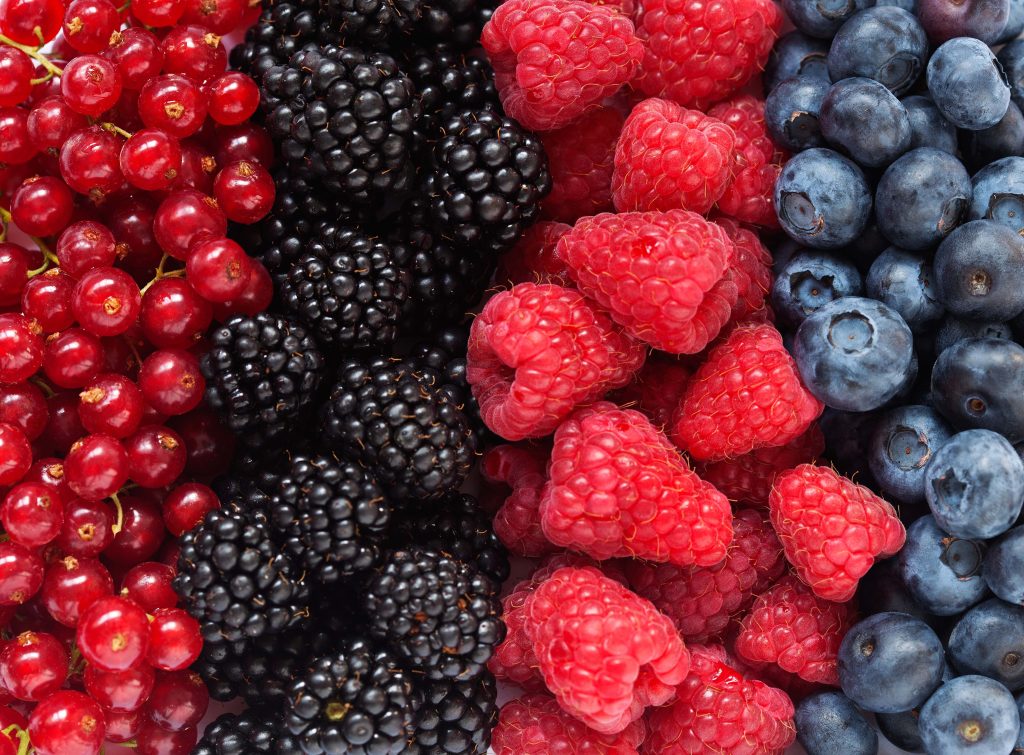
The Science Behind the Berry BuzzBerries are rich in polyphenols, specifically anthocyanins—the natural plant pigments that give blueberries, strawberries, raspberries, and blackberries their vibrant colors. Anthocyanins have been shown in clinical studies to reduce inflammation by blocking key signaling pathways that promote chronic immune activation.
According to a study published by the American Journal of Clinical Nutrition, people who consumed berries daily had lower levels of C-reactive protein (CRP), a major marker of inflammation linked to heart disease and metabolic disorders.
But here’s where it gets interesting: berries don’t just fight inflammation after it starts—they can also help prevent it from developing in the first place. Their antioxidants neutralize harmful free radicals before they trigger the immune system to overreact. That’s huge, especially in the modern American lifestyle, where stress, processed food, and pollution constantly fuel the inflammatory fire.
Spotlight on Berries: Which Ones Are Best?
1. Blueberries – The Brain’s Best Friend
Blueberries may be small, but they pack a serious punch. Rich in flavonoids, they protect brain cells from oxidative stress and improve memory. U.S.-based research from Tufts University even showed that elderly participants who ate blueberries had improved cognitive function and reduced inflammatory markers.
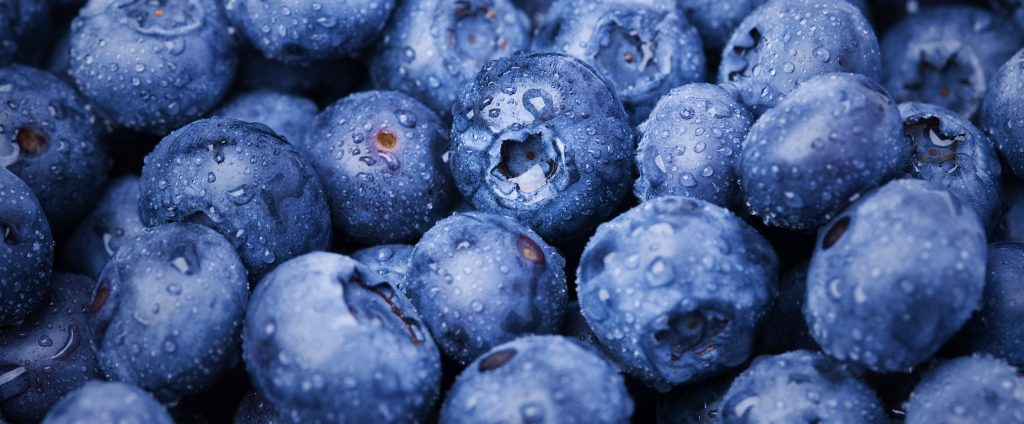
2. Strawberries – Heart-Healthy & Delicious
Strawberries are loaded with vitamin C and fiber—two nutrients tied to lower inflammation. They’ve also been shown to help regulate blood sugar and cholesterol levels, making them a smart choice for those at risk for cardiovascular issues.

3. Raspberries – Gut Guardian
High in fiber and ellagitannins (a powerful polyphenol), raspberries nourish the gut microbiome. A healthy gut has been directly linked to reduced systemic inflammation, especially in autoimmune and digestive disorders.

4. Blackberries – Immune System Warrior
These dark beauties are full of vitamin K, manganese, and quercetin—a compound known to modulate histamine response and inflammation. Quercetin is particularly effective for allergies and joint pain. Buying Tips: Getting the Most Out of Your Berries
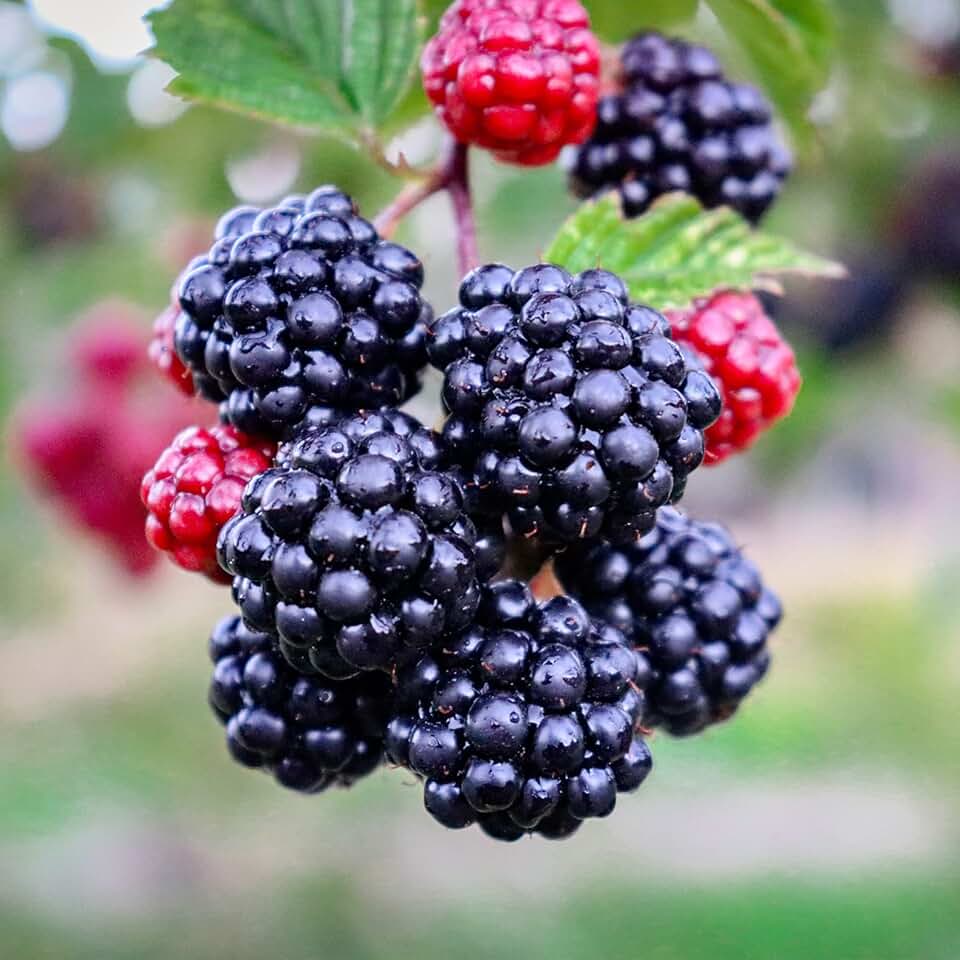
- Frozen is fabulous: Many Americans think fresh is better, but frozen berries are picked at peak ripeness and flash-frozen, preserving their nutrients. They’re also easier on the wallet.
- Go organic when possible: Berries are often sprayed with pesticides. If your budget allows, buy organic—especially strawberries and blueberries.
- Mix it up: Variety is key. Each berry offers a unique anti-inflammatory profile, so rotate your choices to get the full spectrum of benefits.
Easy Ways to Add Berries to Your Daily Diet
- Add a handful to your morning oatmeal or yogurt
- Blend into smoothies with leafy greens and flaxseeds
- Make berry-infused water or iced green tea
- Use them as a natural sweetener in chia pudding or overnight oats
- Toss them into salads with arugula, goat cheese, and walnuts
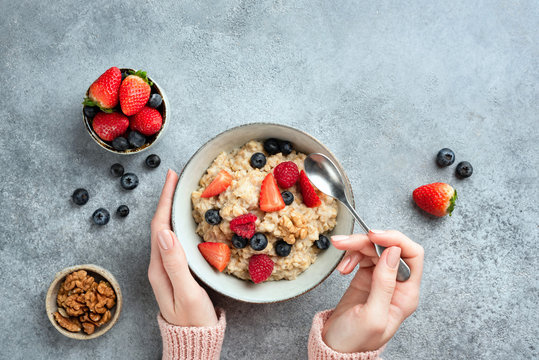
Final Thoughts
Berries aren’t just a trendy health food—they’re a scientifically backed, easily accessible way to fight chronic inflammation, right from your plate. In a country where diet-related diseases are skyrocketing, this simple swap could make a meaningful difference. Whether you shop at Walmart, Costco, or your local farmers market, incorporating berries into your daily routine is a small habit with powerful, long-term payoffs.
FAQs
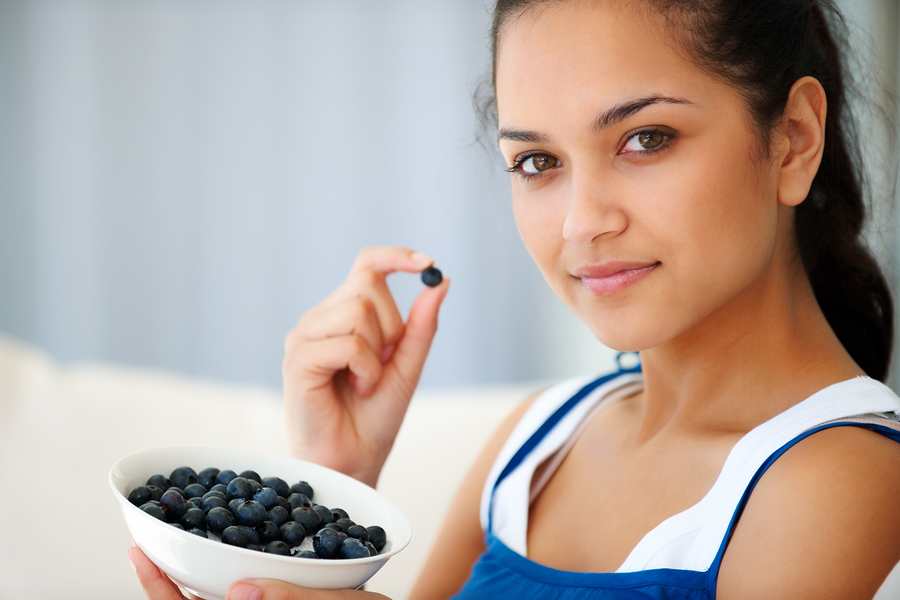
1. Can eating berries really reduce inflammation long-term?
Yes! Regular berry consumption—especially when combined with an overall anti-inflammatory diet—has been linked to long-term reductions in inflammation and chronic disease risk.
2. Are berry supplements as effective as fresh or frozen berries?
While berry extracts may offer some benefits, whole berries provide fiber and a full range of nutrients and polyphenols that are better absorbed by the body.
3. How many berries should I eat each day for anti-inflammatory benefits?
Most studies recommend at least ½ to 1 cup of mixed berries daily. Consistency is more important than quantity for long-term effects.


